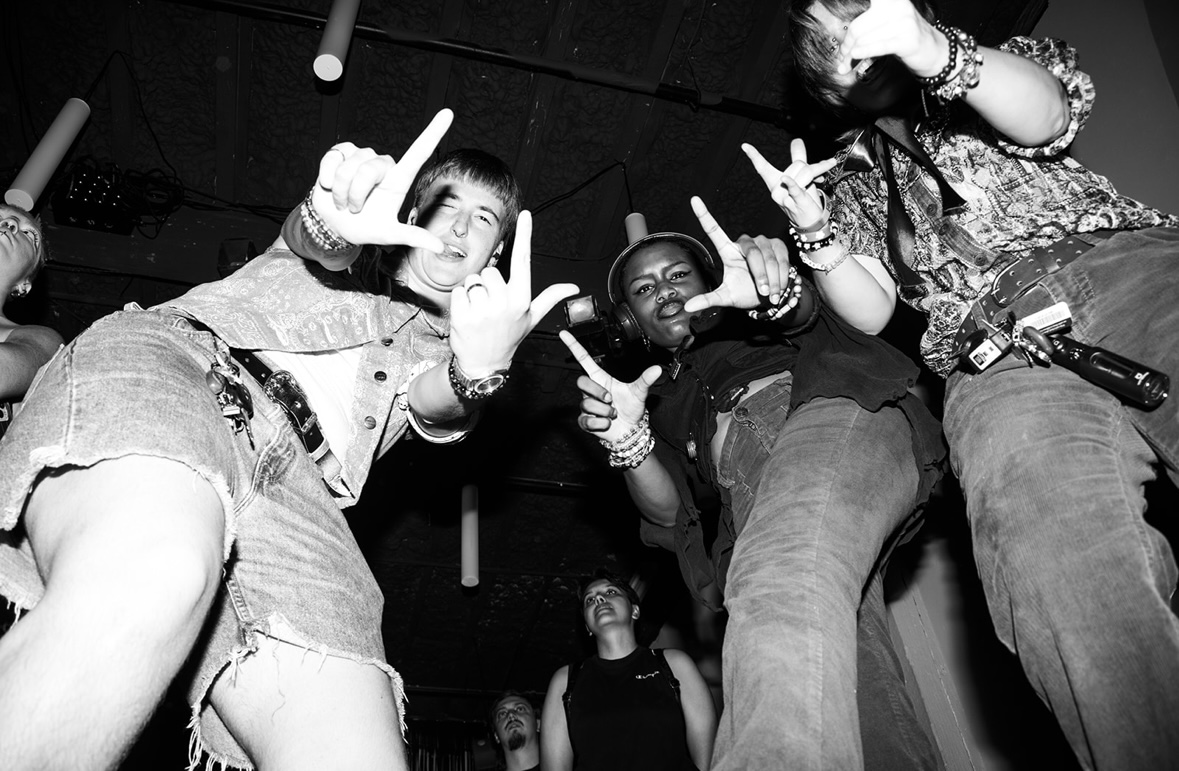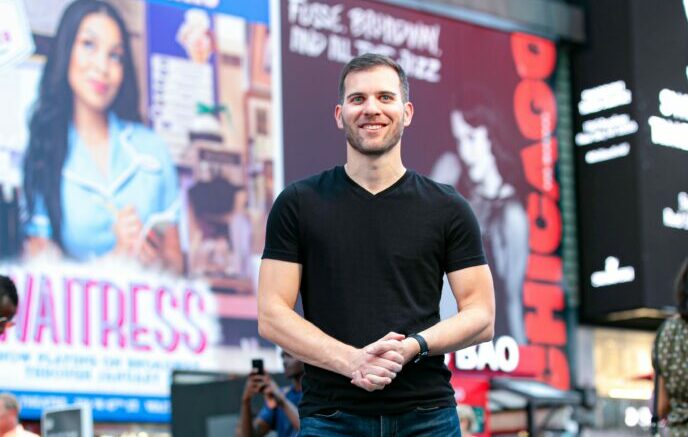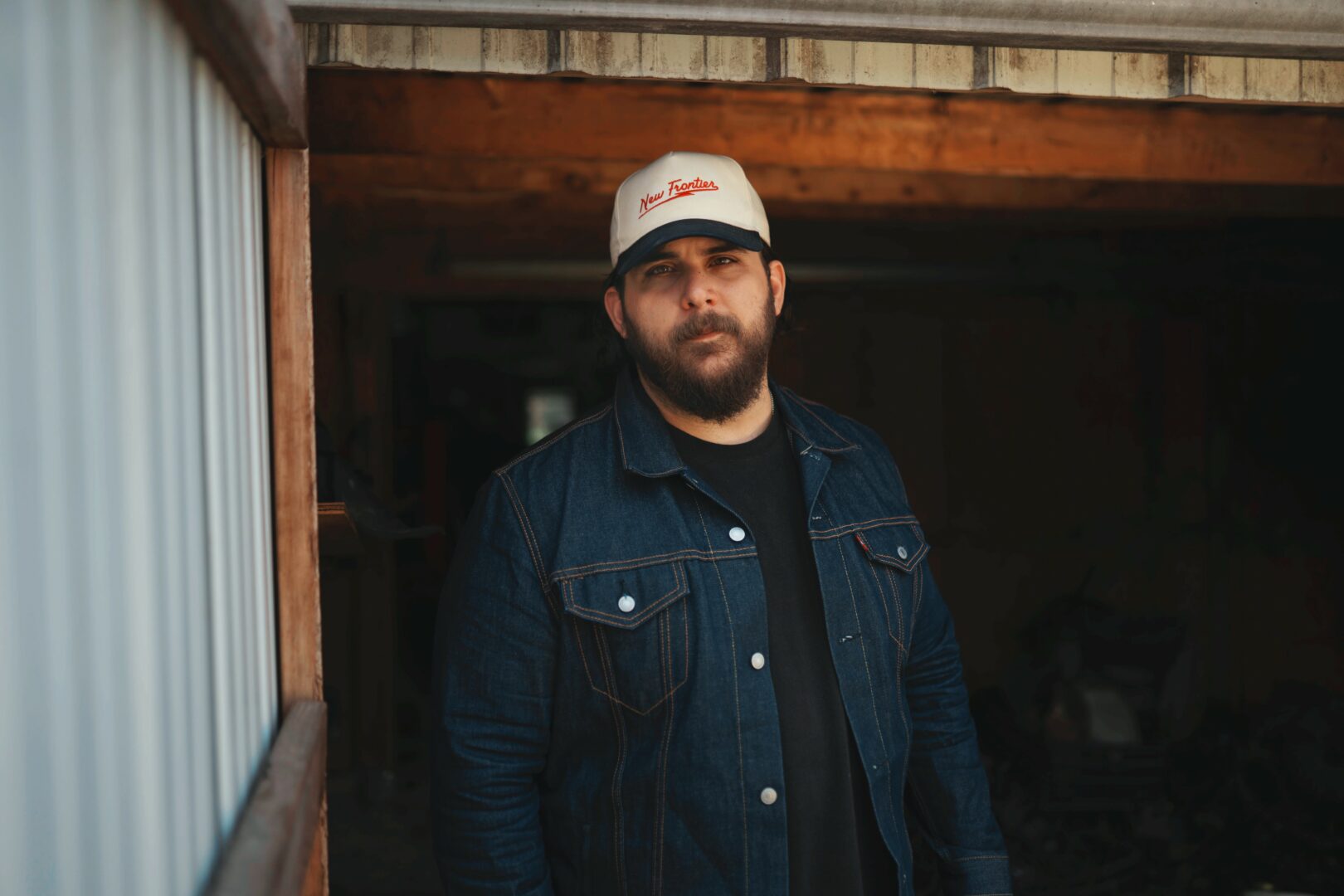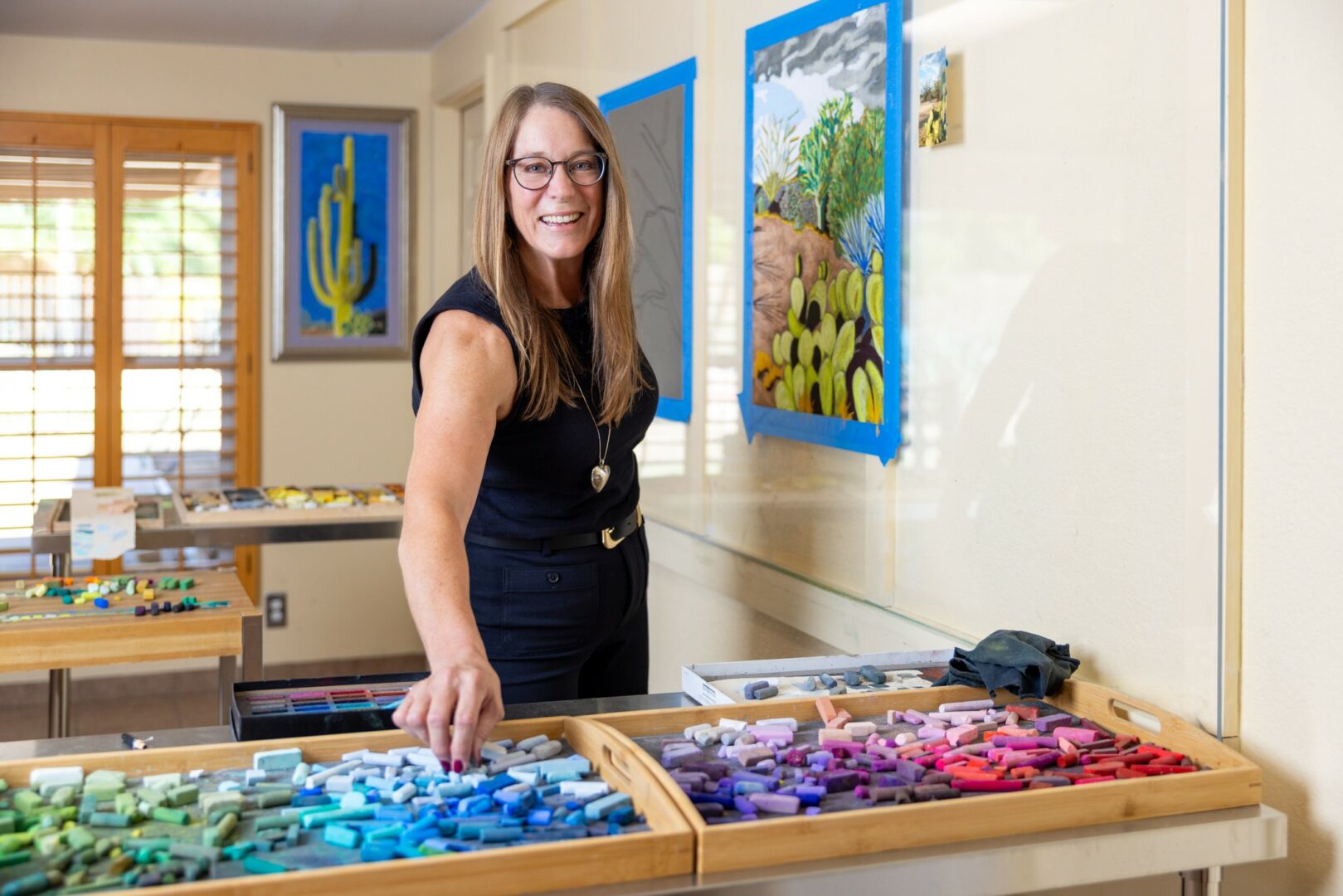We recently connected with Carrie Miller and have shared our conversation below.
Carrie, so great to be with you and I think a lot of folks are going to benefit from hearing your story and lessons and wisdom. Imposter Syndrome is something that we know how words to describe, but it’s something that has held people back forever and so we’re really interested to hear about your story and how you overcame imposter syndrome.
In art, I believe there are no imposters. Everyone brings their own unique experiences to their work. The term intersectionality, coined by Kimberlé Crenshaw, has been the most freeing concept for me. It highlights how different aspects of a person’s identity shape who they are and how they experience the world.
To me, art is the physical embodiment of that idea. My queerness, gender identity, position in society, and age all shape my filmmaking. It’s essential that we see everyone’s art, because it’s fascinating to be transported into a different world through someone else’s lens. That, to me, is what intersectionality is all about—how we each navigate this world in our own way.
Recognizing that should help eliminate imposter syndrome. For so long, the art world has been dominated by the same copy-and-paste, heteronormative, white, able-bodied, male experience. It’s silly to feel like an imposter in those spaces—if anything, it’s liberating. Instead of shrinking back, I choose to meet more people, absorb more art, and create more films that reflect diverse experiences and emotions.
By creating space at Lavender Lens for every queer person, I hope to help lessen imposter syndrome for all queer filmmakers.
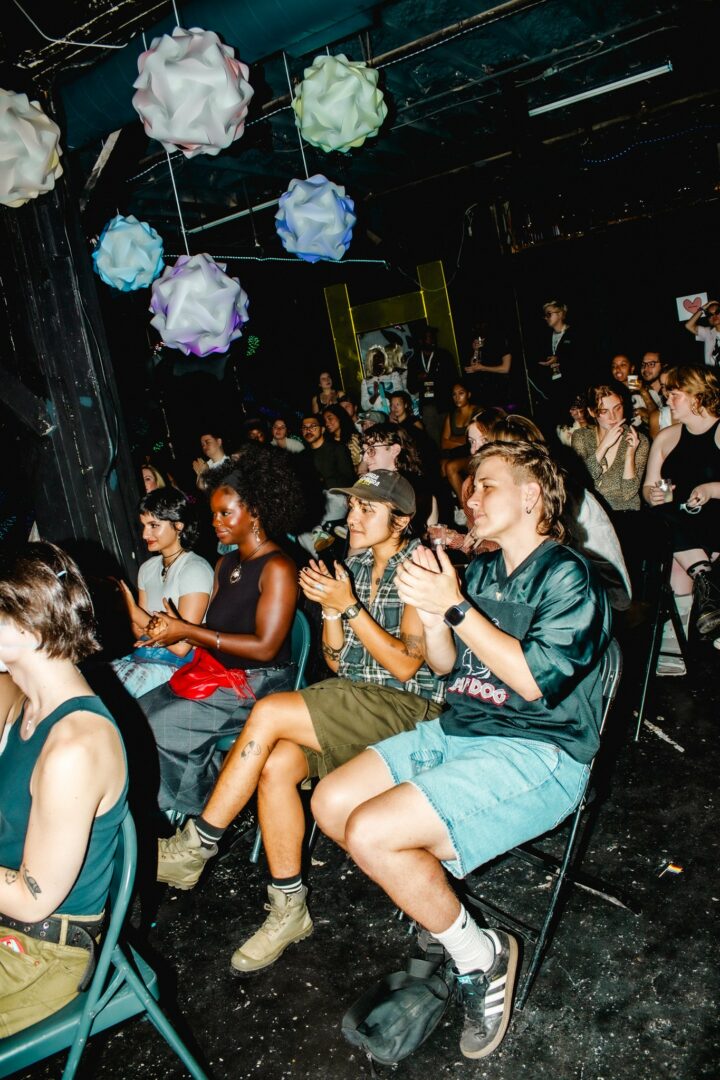
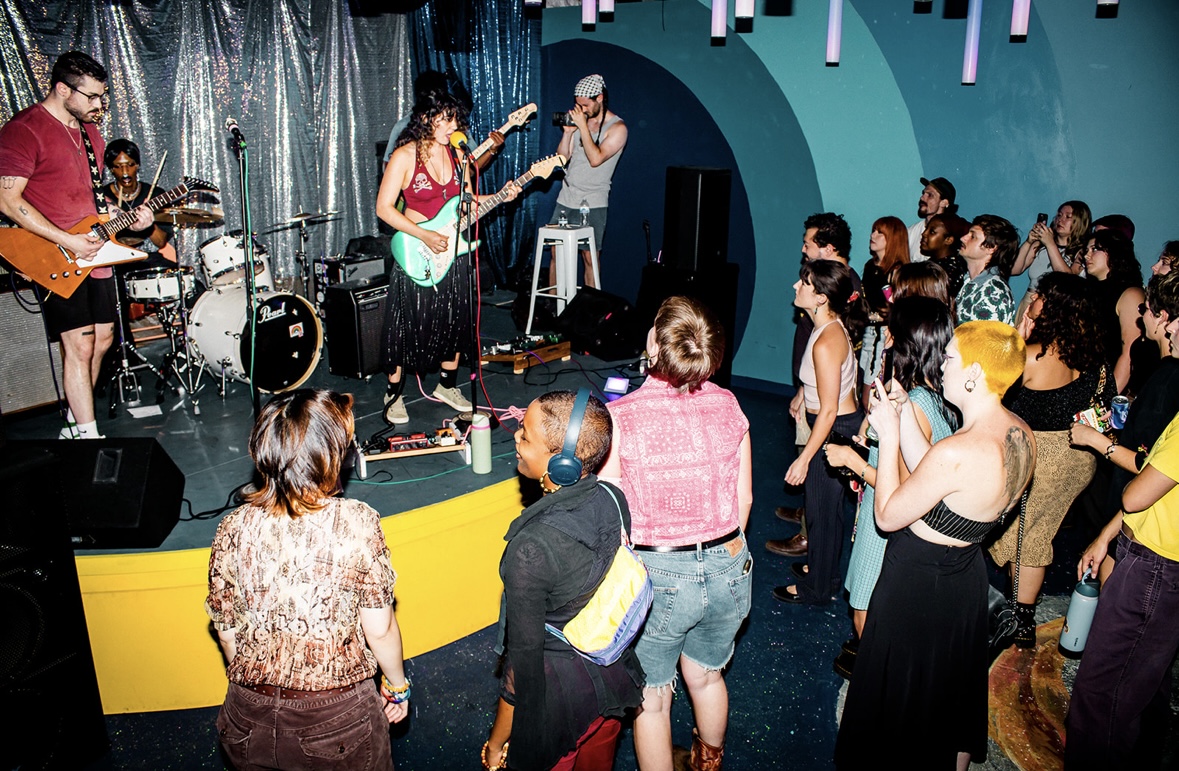
Thanks, so before we move on maybe you can share a bit more about yourself?
As a creative, I focus on queer stories, film, art, and history. I also challenge myself to create things out side of the box, which I see as using queer as a verb and putting it into action. This impacts my work by creating my own spaces like Lavender Lens and connecting with other LGBTQ organizations, non-profits, and creatives such as Out on Film, Queer Film Alliance, The Bakery, Charis Books and More, Touching Up Our Roots, and more. Working with other people is essential to my artistry. Getting people together and facilitating the experience really highlights my success in producing. I will continue to do anything I can to not only honor the LGBTQ people that paved the way for me as a queer artist, but to look at the present and see what the community needs. What inspires me the most is seeing people like me being creative and being acknowledged for it.
I have made around 11 short films, 3 dance films, 2 music videos, and a feature length documentary film called A Time With Isadora which is centered around the phenomenon of the “Mother of Modern Dance” Isadora Duncan which explores how one artist influences many by integrating historic dance works, new choreography, visual art, photography and filmmaking. My proudest short films are In Retrospect, which is about a queer couple who finds themselves transported into the 80s lesbian club scene through unusual circumstances after being dissatisfied with their own queer club scene in the 2020s, and Beauty Within, which is about new friends who meet in a garden and find themselves shaping their queer relationship until one of them has a confession about gender identity that is shared through a letter.
I am working on new projects with first time directors and I am writing a feature length script that expands on In Retrospect, which I intend to highlight more of the 80s lesbian club scene and the queer club scene today. Additionally, I intend to work on two more documentaries. One that highlights queer elders and another that depicts my unique and yes, queer upbringing.
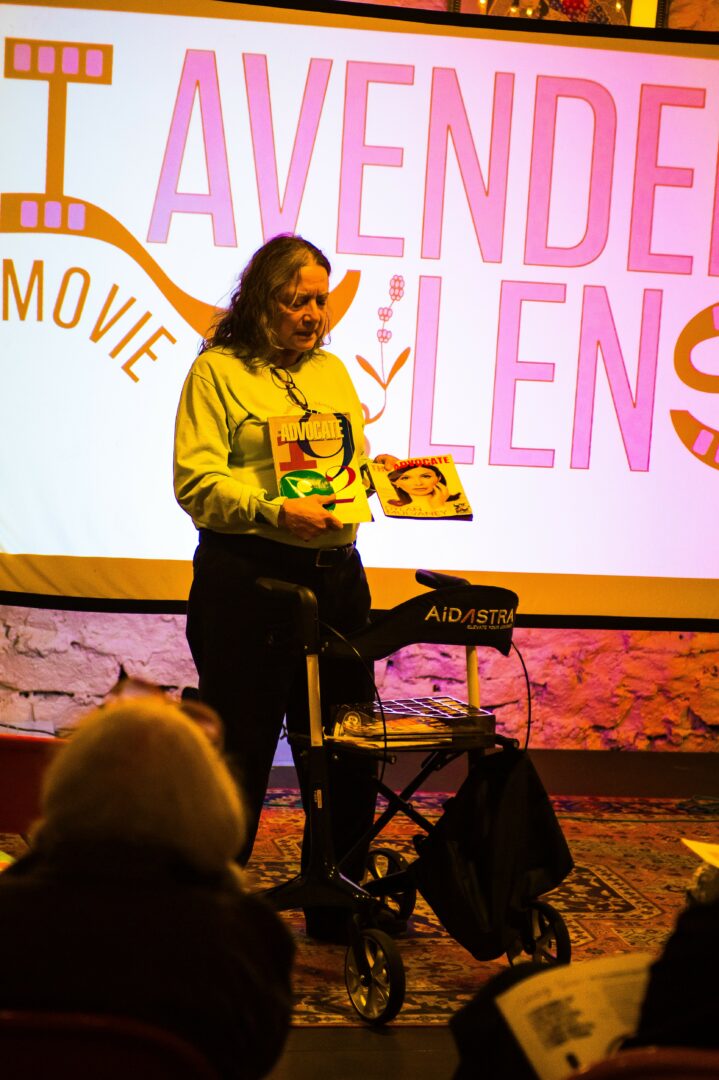
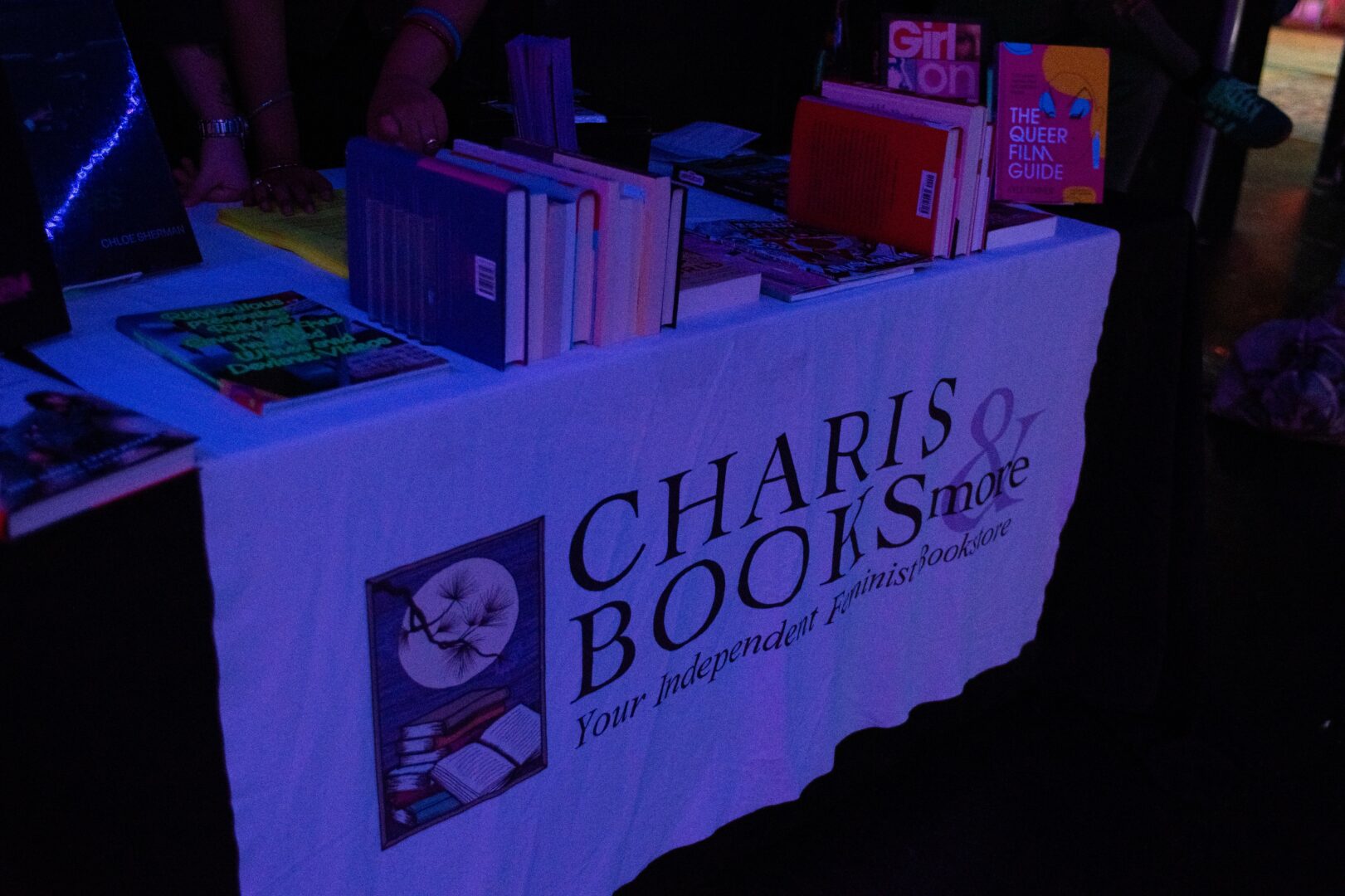
If you had to pick three qualities that are most important to develop, which three would you say matter most?
My knowledge in Queer Theory, Film, and Women Studies has everything to do with my journey.
My studies in queer theory gave me a language and framework to challenge dominant narratives about identity, power, and belonging. It taught me to see the world through multiple lenses, and to question systems that attempt to define or limit people. This critical lens shaped not only how I think, but how I create and watch films. This eventually allowed me to coin a term, Lavender Lens
Film became both a medium and a method — a way to visualize theory, emotion, and lived experience. Studying film helped me understand the power of representation: who gets to be seen, how stories are framed, and what’s left out of the frame. It also helped my ability to translate abstract ideas into storytelling. I will never forget the first time I saw lesbain films made my lesbian filmmakers. It changed everything for me. I then realized the true power and ability the media has on our community. Being represented in a true way is freedom. I hope I can make that impact in the queer community through film.
Women’s studies grounded my understanding of intersectionality, activism, and historical context. It connected the personal to the political and deepened my commitment to social justice and inclusive storytelling. It also linked me to iconic lesbian and gender queer activists — the thinkers, creators, and movements that came before which continues to inspire my work today.
My advice to others is to use your knowledge as a lens for creation. Whether you write, paint, film, teach, or organize, let these ideas shape not just what you think, but what you make and how you move through the world.
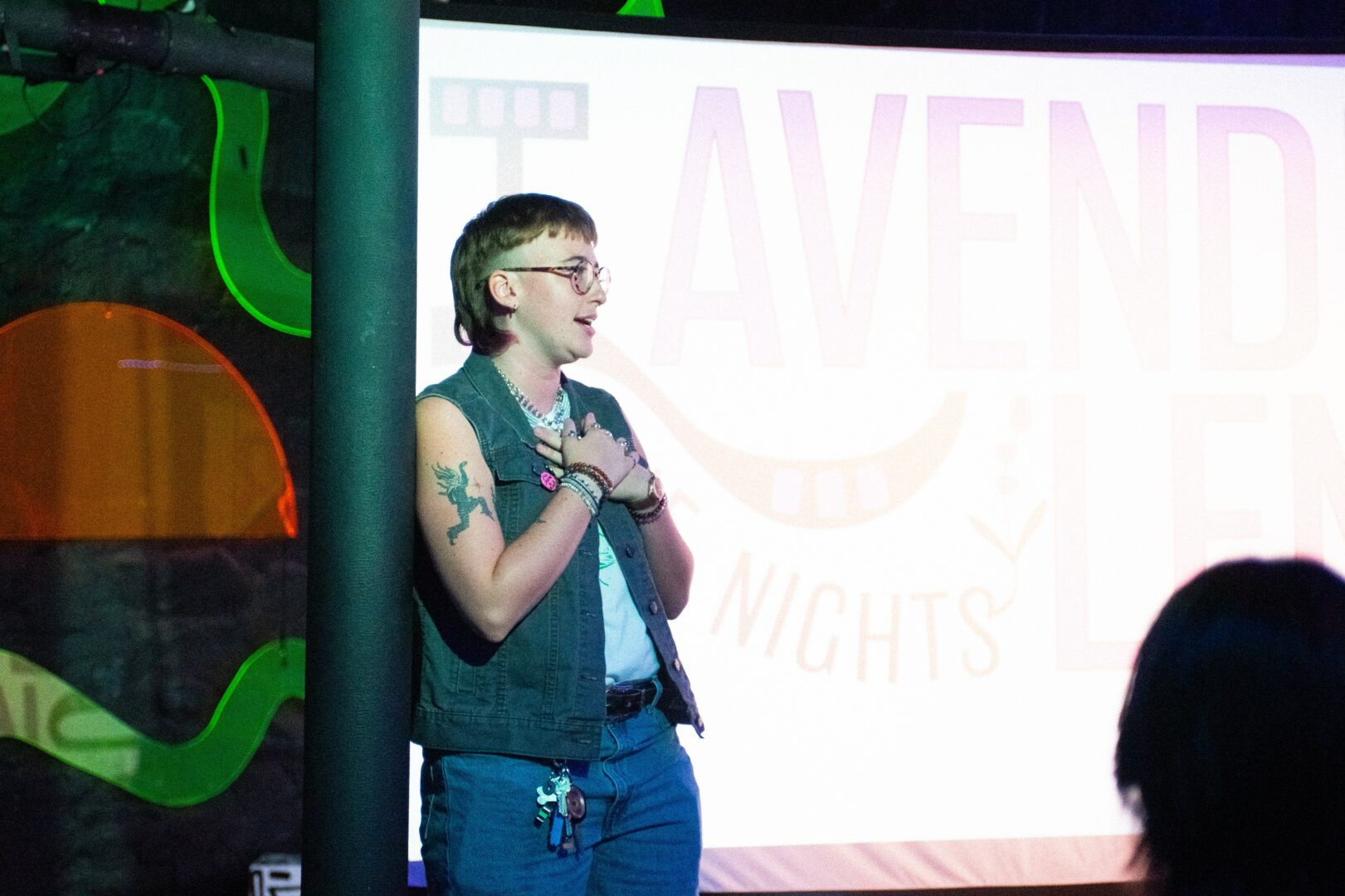
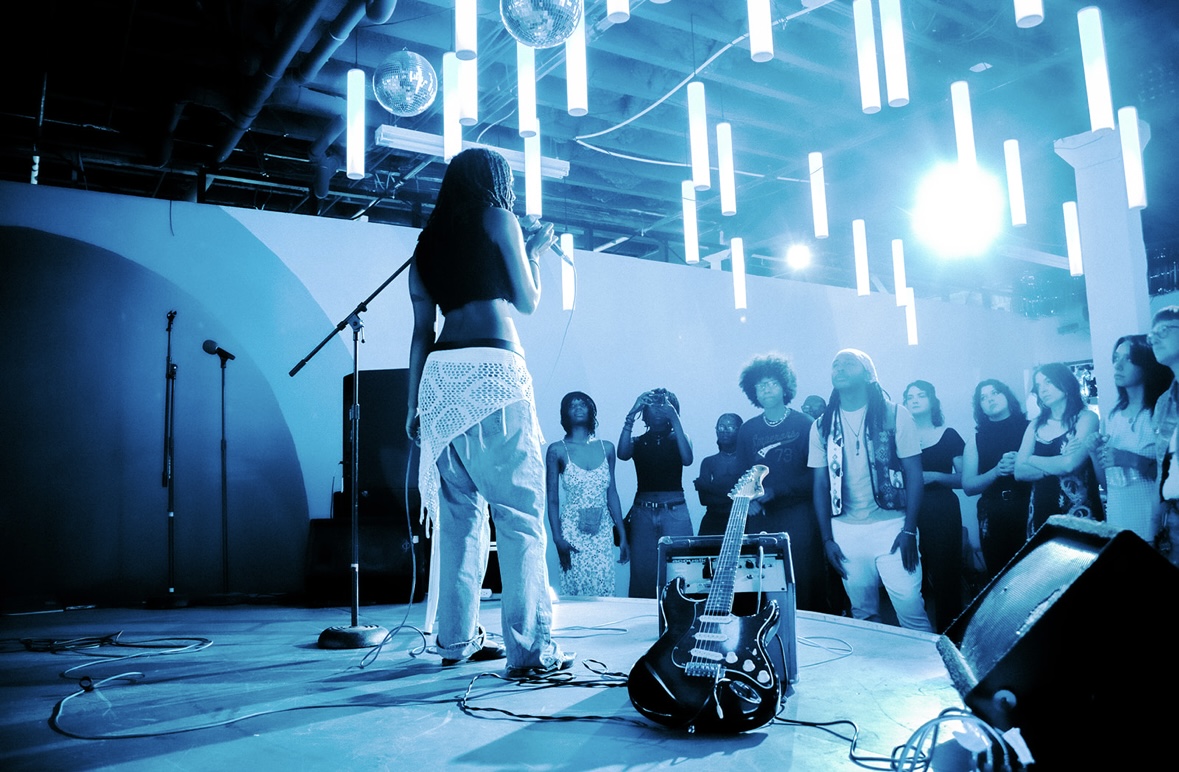
Okay, so before we go we always love to ask if you are looking for folks to partner or collaborate with?
I’m looking to connect and collaborate with queer artists — in Atlanta and beyond. I already have musicians from New York coming down to perform for Lavender Lens, and I want to build something bigger: a thriving community of creatives, not just filmmakers. Whether you’re into art, film, music, performance, or simply passionate about representing your community, I want you to be part of this. Everyone has a story to tell, and I want to help share yours. So if you’re a queer artist, a baddie, a dyke, or anywhere in between, let’s come together and make powerful, beautiful art that reflects who we are. Don’t hesitate to reach out — I’m here to showcase YOU.
Contact Info:
- Website: https://carriemillerfilms.com
- Instagram: lavenderlensatl
- Youtube: carriemillerfilms
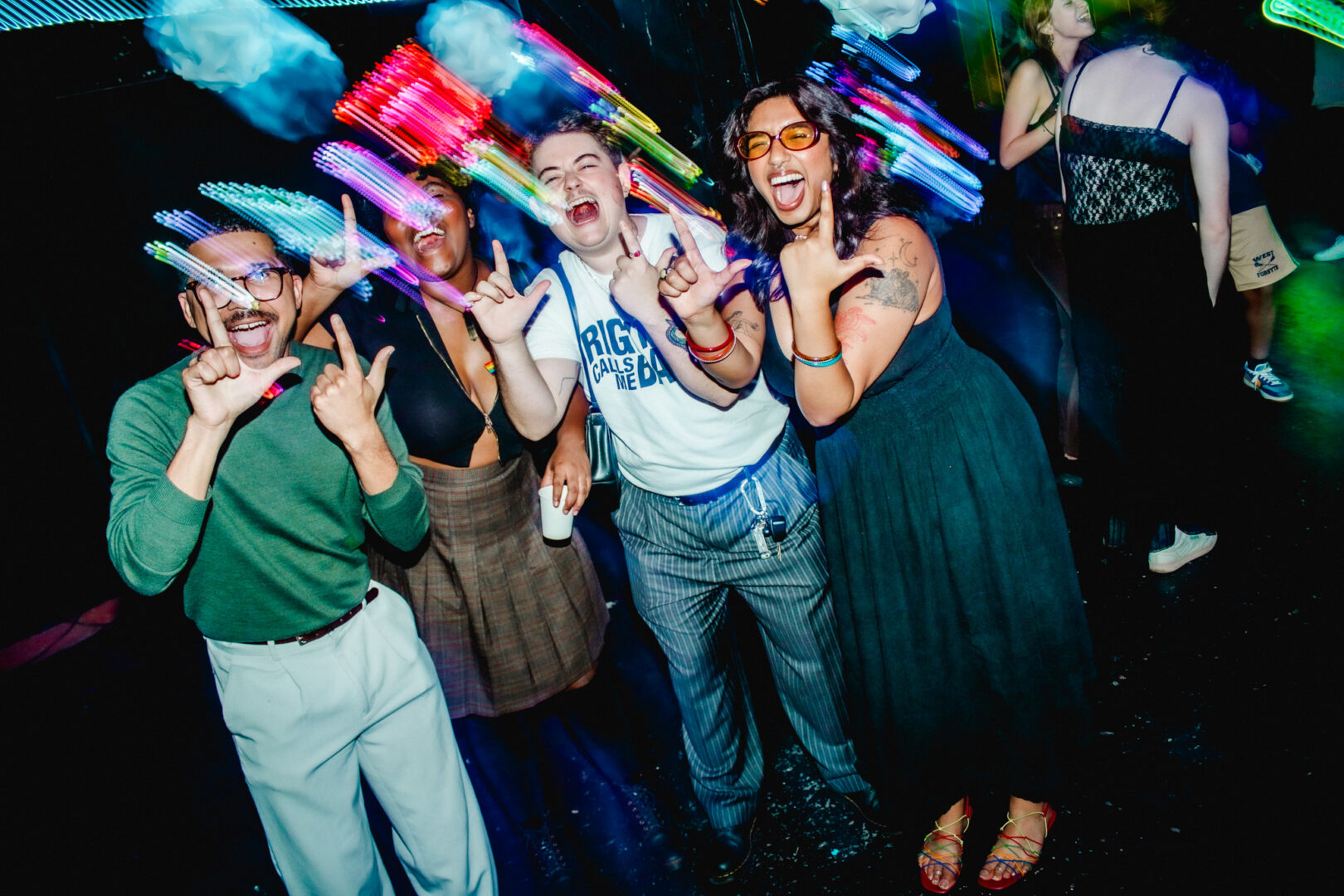
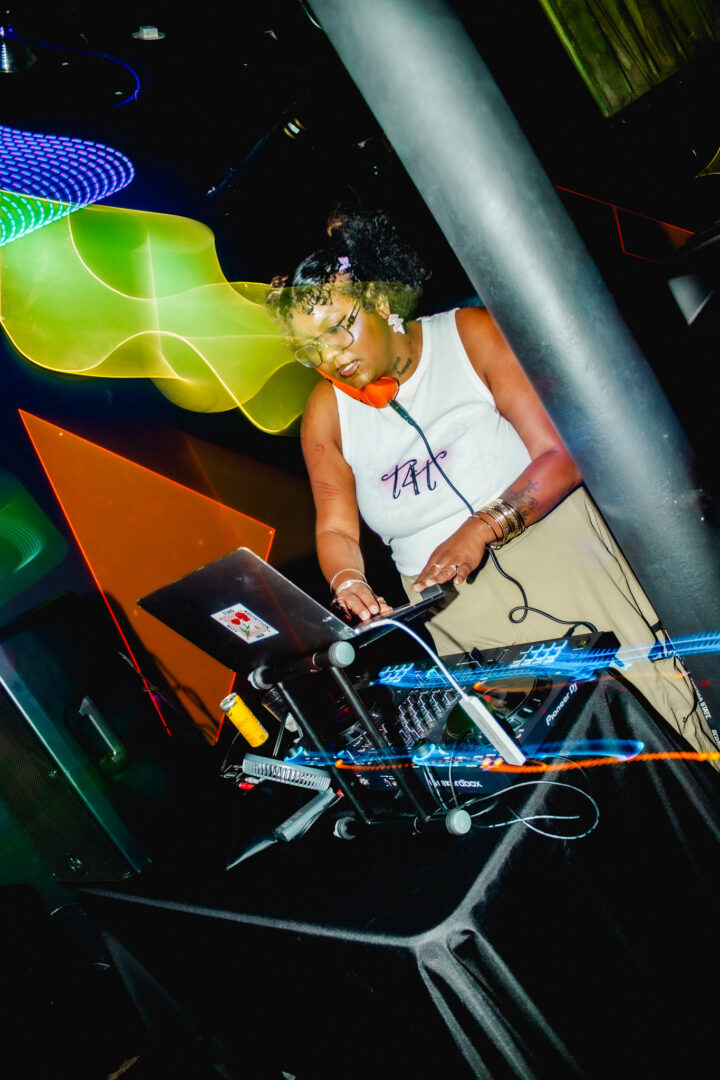
Image Credits
Lyte Hill
Lindsay Thompson
so if you or someone you know deserves recognition please let us know here.

